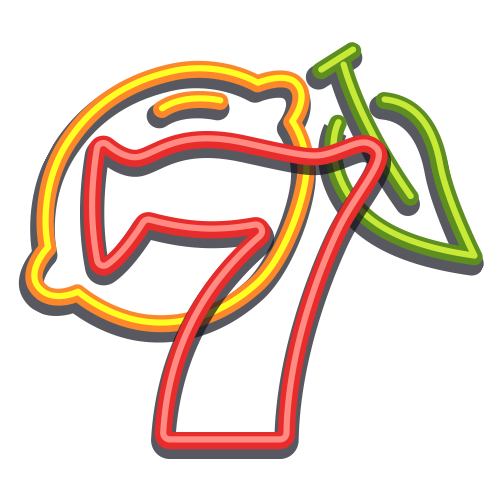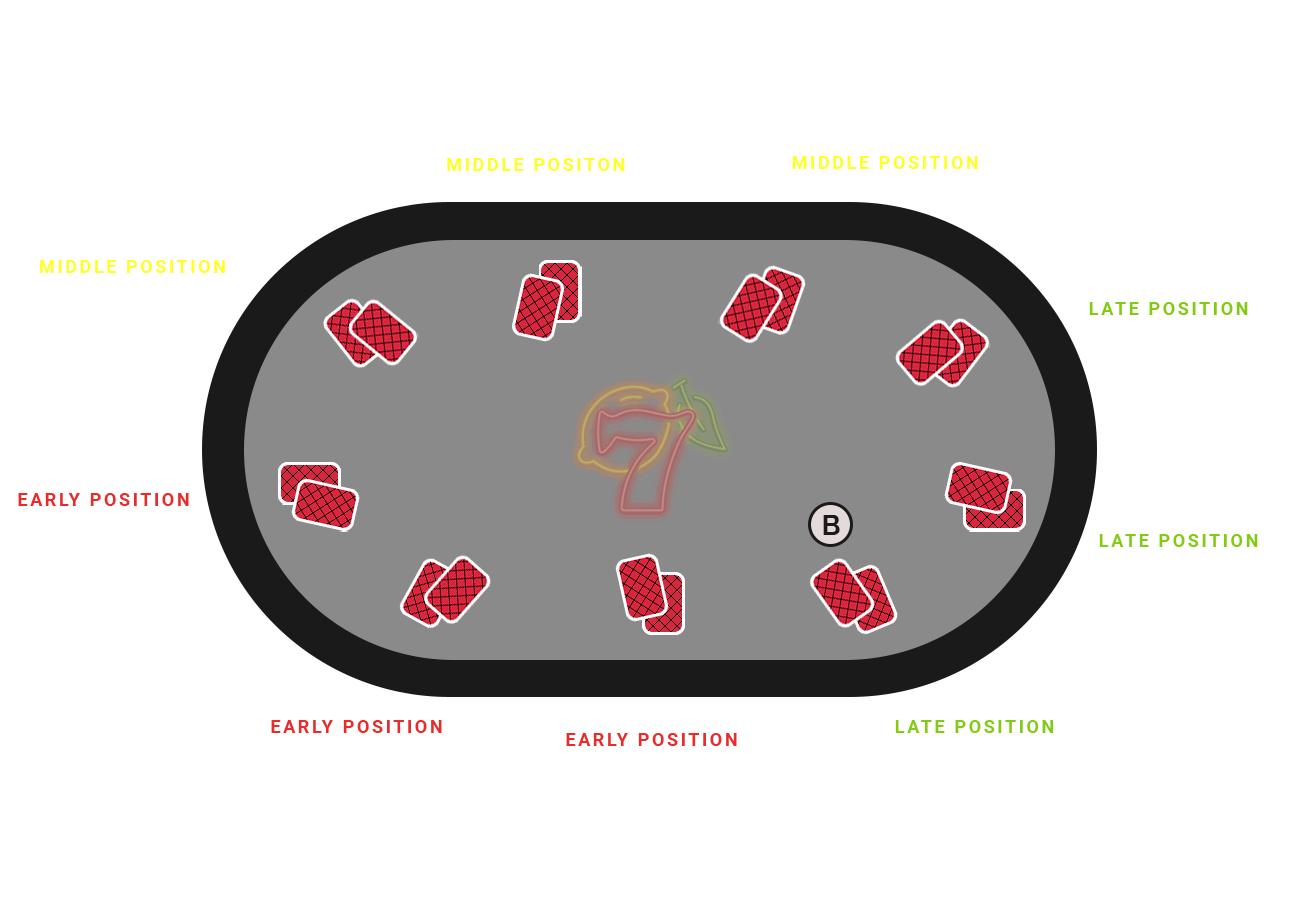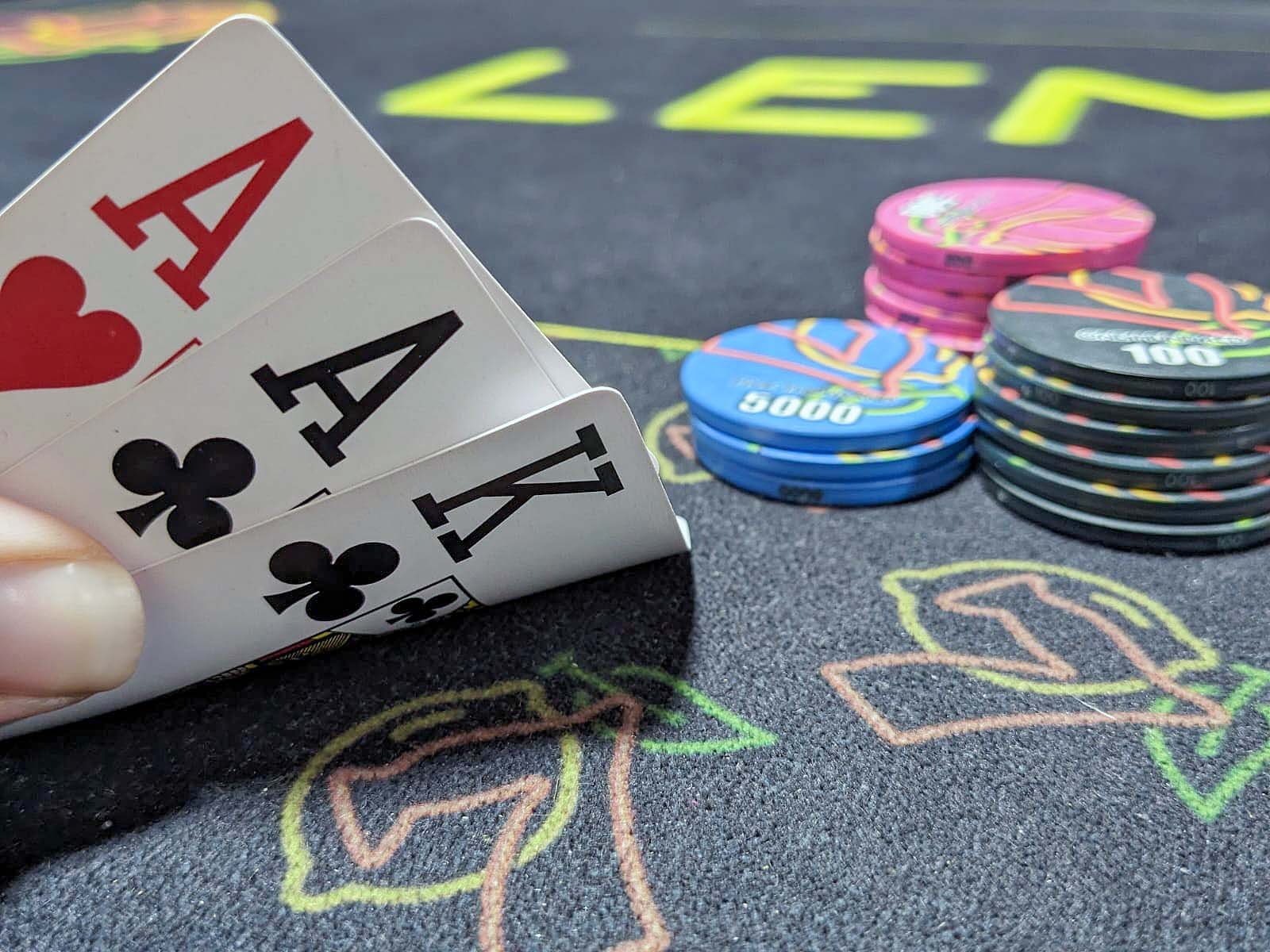Poker Basics: Positions explained
What is position in poker?
Position is the most important aspect of a strong poker strategy. In Texas hold ‘em poker, ‘position’ simply refers to where you are seated in relation to the button, which will change every hand as the button moves around the table. You will play in each position during one orbit.
Your position in poker determines whether you will be one of the first to act in a hand, or one of the last.
We’ll cover how your position at the poker table affects your play and that of the other players at your table, as well as the names of each of those positions. Knowing the names of all the poker positions and how it affects play will help you learn how to play poker and develop your strategy.
This post assumes you already know the very basics of poker such as how the button moves around the table and what order the players act in during a hand. If you don't know this information, or need to refresh your memory, our post on tournament play and blinds should have all the information you need.
What are the positions in poker?
In a standard 8-handed game, the players immediately to the left of the button are in ‘early position’, the players on and to the immediate right of the button are in ‘late position’ and the ones in between are in ‘middle position’.
Poker position names
If you have ever watched poker on television or online, you will have heard terms such as On The Button (OTB), Cutoff (CO), Hijack (HJ), Small Blind (SB), Big Blind (BB), Early (EP), and Middle (MP), when referring to positions.
From the left of the Dealer Button, the positions progress in this order
Small Blind (SB)
Big Blind (BB)
Under The Gun (UTG)
Under The Gun +1 (UTG+1)
Middle Position 1 (MP1)
Middle Position 2 (MP2)
HiJack (HJ)
Cutoff (CO)
Button (D/BTN)
Why does position matter in poker?
The later your position at the poker table, the more information you’ll have about your opponents by the time it’s your turn to act.
If another player checks on the flop they are more likely to be holding a hand that does not connect with the board. If your turn is after theirs you have more options. You could decide to bluff or try to extract extra value if you hold a good hand. This is called ‘having position’ on your opponent.
If you are the player acting first, it is difficult to bluff with your weaker hands as you don't have any information on what your opponent wants to do with their hand and if you try to get value with a stronger hand you risk looking ‘too strong’ and making everyone who is yet to act fold.
What is playing ‘in position’?
There is a good reason that professional poker players win more money from the Button than in any other position, and that's because they always act after their opponents. This is called playing in position.
Being in position is so strong that it even allows you to play any two cards in some situations. This is why you sometimes see professional players on television raising with hands you would never dream of playing in your local casino. This is because they have position - and a plan.
What is playing ‘out of position’?
Playing out of position in poker can be tricky, and is awkward for even the best players in the world. You should avoid being out of position unless you have an extremely good hand.
When you look at ‘opening ranges’ (that is, hole cards you should bet with before the flop) for UTG vs. OTB, for example, you’ll see that the number of cards you should open with in early position is much much smaller than those you should open with in late position. This is, in part, to minimise the number of hands you play out of position to only the very strongest.
In a game like poker, information is the key to success - so don't handicap yourself by giving more away than you receive.
How to use your position in poker
In late position
When in late position you can widen your range (more about ranges here). This simply means playing more hands than you otherwise would.
When you’re in position, you can easily play speculative hands like suited connectors and low pocket pairs. These are hands that will sometimes completely miss the board and need to be turned into bluffs - something which is far more easily done when you have position on your opponents.
On the other hand, when you do make a huge hand by flopping a set or drawing to a straight or flush you can extract maximum value from opponents with medium strength hands.
In early position
Simply do the opposite to what you would do if you were in late position.
You should fold a much wider range of hands when you know you will be out of position. Small pocket pairs can be trouble, especially with the threat of being 3- or 4-bet pre-flop; and suited connectors lose much of their value - as out of position you are more likely to have to pay to hit your draws.
Even when you do make a big hand out of position, by suddenly shovelling all of the money into the pot your opponent can easily and cheaply get away from their hand.
Don’t stop there
We’ve just scratched the surface of using your position in each poker hand to your advantage. If you haven’t already, check out the differences between online and live poker, how to play cash poker games, and how to host your own poker game with the Lemons & Sevens chip distribution calculator.







